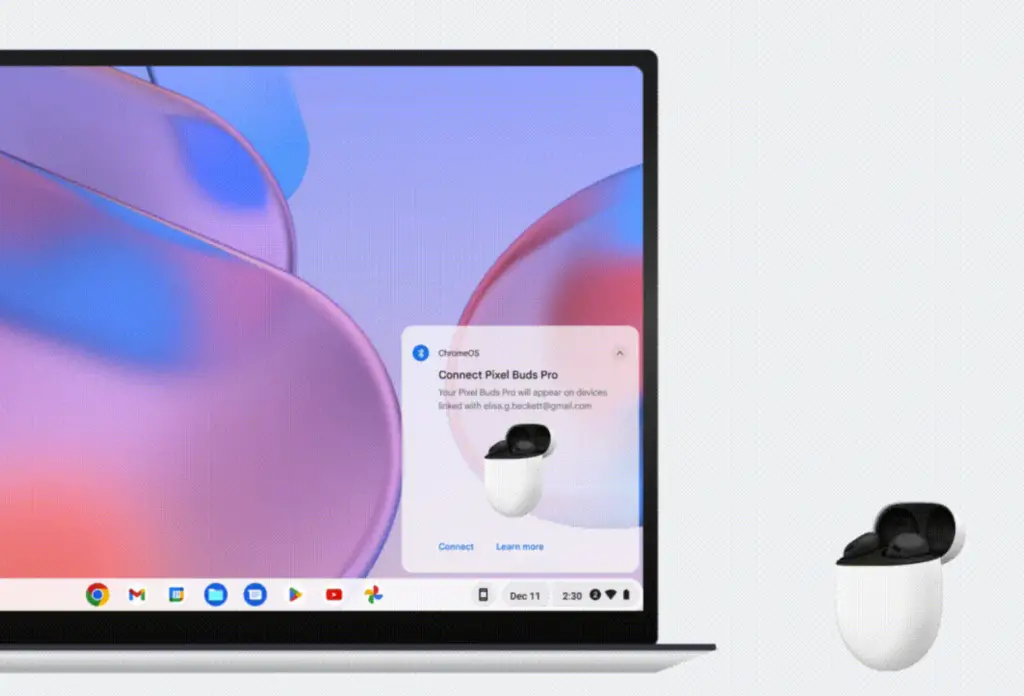Join top executives in San Francisco on July 11-12, to hear how leaders are integrating and optimizing AI investments for success. Learn More
Salesforce has launched new data cloud, AI and automation capabilities to expand its Customer 360 for Health enterprise platform.
Nearly 80% of healthcare consumers cite difficulty navigating the care journey — both online and with customer support — as the top reason for leaving their provider and moving to another one.
>>Don’t miss our newest special issue: Data centers in 2023: How to do more with less.<<
With the latest innovations, Salesforce is looking to bridge this gap in care and enable healthcare providers to deliver more personalized treatment experiences in real time — while also reducing operational costs.
Event
Transform 2023
Join us in San Francisco on July 11-12, where top executives will share how they have integrated and optimized AI investments for success and avoided common pitfalls.
So, what’s new in Customer 360 for Health?
Customer 360 has been around as the go-to customer relationship management (CRM) platform for a while. It brings together Salesforce’s entire portfolio of technology and services – from Mulesoft to Tableau – and unites teams across functions with a shared view of every customer. Customer 360 for Health strives to do the exact same thing for healthcare and life sciences organizations.
With the latest update, Salesforce is powering its healthcare suite with a few key innovations – data cloud, Patient Contact Center, Tableau Accelerators for health cloud, and home health.
The data cloud, as the company explains, enables healthcare and life sciences organizations to ingest and marry data from electronic health records (EHRs) and multiple clinical and nonclinical sources (e.g., medical, demographic, claims, social and behavioral) into a real-time patient profile.
These unified health insights can help organizations identify potential risks, determine therapeutic approaches and educate patients with personalized care communication and real-time engagement. It also comes with Einstein AI predictions layered in, helping teams leverage data insights from similar groups to better understand a patient’s health insights.
“Data cloud is all about connecting and activating clinical and nonclinical patient data from many, many sources to get a holistic view of the patient,” Natalie Schibell, VP and principal analyst at Forrester, told VentureBeat.
Along with the data cloud, Customer 360 for Health also now comes with a preconfigured agent console called Patient Contact Center. It offers a comprehensive view of the patient using Mulesoft Direct for health cloud to access EHR data. This provides healthcare providers’ service agents with relevant tooling to optimize patient interactions in real time, like scheduling appointments, billing and updating insurance information. They can also use the console to automate workflows to serve patients faster and even use Einstein AI’s article recommendations to address frequently asked questions.
“This is huge because you need to have information flowing in and out of that electronic health record. If it’s lost and you don’t have that complete holistic view of the patient, there are high chances of misdiagnoses, medication errors, duplicative and possibly disruptive care,” Schibell explained.
The data gathered from different sources can also be leveraged via Tableau Accelerators or ready-to-use intelligent dashboards. According to Salesforce, this can drive referral analytics and risk analytics, as well as produce insights that can help reduce patient no-shows.
“It’s about knowing what motivates Mr. Smith to get to his appointment. For example, if he is notified via SMS, he is 50% more likely to not miss his appointment versus sending an email. That’s precisely the type of data and insights that can be generated to help providers and insurers improve health outcomes,” Schibell said while explaining the role of Accelerators.
Home health for automating in-home appointments
Finally, with home health in Customer 360, Salesforce is looking to streamline the in-home treatment of patients.
The feature helps teams automate the intake and scheduling process for in-home treatment using scheduling workflows to convert prior authorizations into scheduled visits, based on patient preferences. Home health schedulers can manage appointments and care professional assignments on one platform, while visiting health professionals can easily access patients’ data, including preferences and medication information, to help monitor care plans from the road on their personal device.
Currently, multiple enterprises are using Customer 360 for Health, including Australia-based Barwon Health, Bon Secours Mercy Health and Veterans Health Administration.
VentureBeat’s mission is to be a digital town square for technical decision-makers to gain knowledge about transformative enterprise technology and transact. Discover our Briefings.
Source link










Leave a Reply